
Learn Ansible – A Comprehensive Guide for Courses and Exams
Introduction
Ansible is a well-known open-source IT and application automation software which can be used to implement enterprise automation use cases for the infrastructure and application stacks such as Linux, Windows, network devices, cloud platforms or container platforms. There are hundreds of courses and resources available to learn and practice Ansible and other Ansible products.
Check our free Ansible for Absolute Beginners series.
Either follow a beginner-level course or a certification track course designed for Ansible certification.
Disclaimer: The views expressed and the content shared are those of the author and do not reflect the views of the author’s employer.
Ansible Certification Courses and Exams by Red Hat
Red Hat is offering multiple courses and certifications based on the Ansible and Red Hat Ansible Automation Platform.
In August 2020, Red Hat announced the availability of Remote exams for students and you can attend Red Hat exams from our home or office. Check the Red Hat Remote Exam Guide for more details.
Course – Ansible Basics: Automation Technical Overview (DO007) – FREE
DO007 is a series of Free on-demand online videos that helps you to understand Ansible and Red Hat Ansible Automation Platform. You will learn the basics of configuration management, provisioning, deploying and so on using Ansible free of cost.
Check DO007 to find the course content and other details.
Do you want to learn more about Ansible practical use cases? Check the latest book from the author as follows. Available on Packt and Amazon.
Course – Red Hat Enterprise Linux Automation with Ansible (RH294)
This course is designed for Linux system administrators and developers who want to manage and automate system operations, configurations, deployment and orchestration. The course is based on Red Hat Enterprise Linux (RHEL) and ed Hat Ansible Automation Platform (RHAAP).
It is recommended to complete Red Hat Certified System Administrator (RHCSA) exam (EX200) before this course or you can skip it if you have equivalent Red Hat Enterprise Linux knowledge and experience.
Check RH294 to see the course content
Exam – Red Hat Certified Engineer (RHCE) (EX294)
Red Hat Certified Engineer (RHCE) exam is a performance-based exam to test your skill and knowledge in managing Red Hat Enterprise Linux operations using the Red Hat Ansible Automation Platform. You will not only become a certified Ansible specialist but also become a Red Hat Certified Engineer (RHCE) by passing this exam. RHCE certification is the foundational step if you are planning for Red Hat Certified Architect certifications.
Please note, that you should have a valid Red Hat Certified System Administrator (RHCSA – EX200) certification to earn this RHCE certification.
Check EX294 exam page to learn more about the prerequisites and details.
Also check Red Hat Enterprise Linux Automation with Ansible and exam (RH295)
[Retired] Course – Advanced Automation: Red Hat Ansible Best Practices (DO447)
This course is designed for experienced Ansible users who want to take their Ansible skills to the next level by learning enterprise automation, scalability, Ansible best practices and so on. It is highly recommended to complete RH294 before attending this course or you should have enough experience with Ansible and Red Hat Ansible Automation Platform.
Check DO447 course details.
You can attend Red Hat exams from your home or office now; check the Red Hat Remote Exam Guide for more details.
Exam – Red Hat Certified Specialist in Advanced Automation: Ansible Best Practices exam (EX447)
After completing the DO447 course (or with enough experience), you can attend the EX447 exam to prove your skill and knowledge in Ansible best practices and enterprise automation.
Check EX447 exam details and prerequisites.
Also, check DO448 – Advanced Automation: Red Hat Ansible Best Practices with exam
[Retired] Course – Automation with Ansible (DO407)
It was the old Ansible specialist course but already retired and is not available anymore.
[Retired] Course – Red Hat Certified Specialist in Ansible Automation (EX407)
EX407 is the old Ansible specialist exam which is already retired or replaced by EX294.
Course – Developing Advanced Automation with Red Hat Ansible Automation Platform (DO374)
This is the advanced Ansible course if you want to learn more about Red Hat Ansible Automation Platform (RHAAP) in which you will learn about the new architecture of Ansible Automation Platform (formerly Ansible Tower), Automation Controller, Execution Environment, Automation Hub, best practices, efficient development methods and so on.
Check DO374 to see the course content
Exam – Red Hat Certified Specialist in Developing Automation with Ansible Automation Platform (EX374)
EX374 is also a performance-based exam to test your skill and knowledge in developing and managing automation content and use cases using Red Hat Ansible Automation Platform. It is highly recommended to complete the DO374 course before attending this exam.
See EX374 exam details.
Also check Developing Advanced Automation with Red Hat Ansible Automation Platform and exam (DO375)
Course – Microsoft Windows Automation with Red Hat Ansible (DO417)
The DO417 course is focused on Microsoft Windows automation using Red Hat Ansible and it is designed for those who want to learn how to manage Windows server operations using Ansible. You will learn how to manage Ansible inventories for Windows machines, integrating PowerShell and also other common Windows server administration tasks.
Check DO417 to learn more about this course.
Course – Red Hat Ansible for Network Automation (DO457)
DO457 is designed for network administrators and infrastructure administrators to learn how to manage network operations using Red Hat Ansible. The course will give you an introduction to network automation using Ansible and how to automate network devices using Ansible.
Check DO457 course details.
Exam – Red Hat Certified Specialist in Ansible Network Automation exam (EX457)
It is highly recommended to complete the DO457 course before you attend this EX457 exam as this performance-based exam will test your knowledge and skill in network automation using Ansible.
Check the EX457 exam prerequisite and details.
Course – Red Hat Services Management and Automation (RH358)
If you are looking for a course to learn automation of advanced services in Red Hat Enterprise Linux such as DNS, DHCP, DHCPv6, print service, NFS, SMB, SQL (MariaDB), HTTPD, HAProxy and so on then check RH358 Red Hat Services Management and Automation.
Check RH358 course details.
Exam – Red Hat Certified Specialist in Services Management and Automation exam (EX358)
EX358 tests your skill and knowledge in service management automation using Ansible and it is recommended to complete the RH358 course (or with adequate experience) before attending the exam.
Check EX358 exam details.
Also, check Red Hat Services Management and Automation with exam (RH359)
Course – Managing Enterprise Automation with Red Hat Ansible Automation Platform (DO467)
DO467 is an advanced course for experienced automation engineers, DevOps practitioners and systems engineers. The course will help you to learn to deploy and to manage enterprise automation on a large scale using the Red Hat Ansible Automation Platform.
Check DO467 details.
Course – Introduction to Event-Driven Ansible (DO274)
DO467 is an advanced course for learning how to set up, deploy, and configure Event-Driven Ansible to execute automation tasks in response to events triggered by your IT infrastructure..
Check DO274 details.
Course – Red Hat Ansible Automation for SAP (RH045) – FREE
This is a free course to learn the basics of SAP automation using Ansible.
Check RH045 details.
Course Red Hat Ansible Automation Platform Boot Camp (DO710)
Discover how to automate Linux system administration tasks using Red Hat Ansible Automation Platform, efficiently manage complex automation workflows at scale, and eliminate single points of failure.
Check DO710 details.
Other Ansible Courses
Ansible real-life use cases by techbeatly
This is a video series hosted by techbeatly in which different experts have shared their knowledge and experience on Ansible by presenting Ansible use cases and demonstrations. Also, check iamgini/ansible-real-life repository to find the Ansible playbooks and sample references related to this video series.
Do you want to learn more about Ansible practical use cases? Check the latest book from the author as follows. Available on Packt and Amazon.
Ansible for Absolute Beginners – free course by techbeatly
Another free Ansible course/video series by techbeatly to learn Ansible from scratch. The course will help you to learn Ansible core concepts, how to set up an Ansible home lab and also the practical use cases.
Learn Ansible Basics – Beginners Course by KodeKloud
This a basic course from KodeKloud which will teach you the basic concepts of Ansible and its architecture.
Get the course: KodeKloud | Udemy
Ansible Advanced – Hands-On – DevOps by KodeKloud
This is the second course by KodeKloud in the Ansible series and the course will be focusing on advanced concepts in Ansible. You will also learn some Ansible real-life use cases.
Get the course from Udemy.
Dive Into Ansible – From Beginner to Expert in Ansible by James Spurin
This is another great course for beginners who wants to learn Ansible from beginner to expert level.
Get the course from Udemy.
Mastering Ansible by Chris Lunsford
This course content is something more detailed as the instructor will explain many advanced Ansible concepts such as pipelining, debugging, optimization and so on.
Get the course from Udemy.
Ansible for Network Engineers: Quick Start GNS3 & Ansible by David Bombal
If you are looking for an Ansible course to learn network automation using Ansible, then check this course by David Bombal. The course will help you to learn how to setup network automation lab using GNS3 and how to connect Ansible to network appliances.
Get the course from Udemy.
Conclusion
The Ansible learning curve is quite smooth and community support is very large. The important part is identifying and practising Ansible use cases from your workplace or side projects. There are people in the community to help and guide you to learn Ansible and you can always join and ask Ansible questions in community chat groups such as techbeatly or Ansible telegram groups.
Disclaimer:
The views expressed and the content shared in all published articles on this website are solely those of the respective authors, and they do not necessarily reflect the views of the author’s employer or the techbeatly platform. We strive to ensure the accuracy and validity of the content published on our website. However, we cannot guarantee the absolute correctness or completeness of the information provided. It is the responsibility of the readers and users of this website to verify the accuracy and appropriateness of any information or opinions expressed within the articles. If you come across any content that you believe to be incorrect or invalid, please contact us immediately so that we can address the issue promptly.
Tags:
Comments


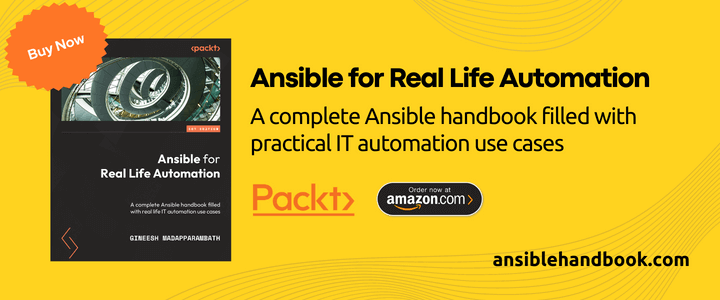
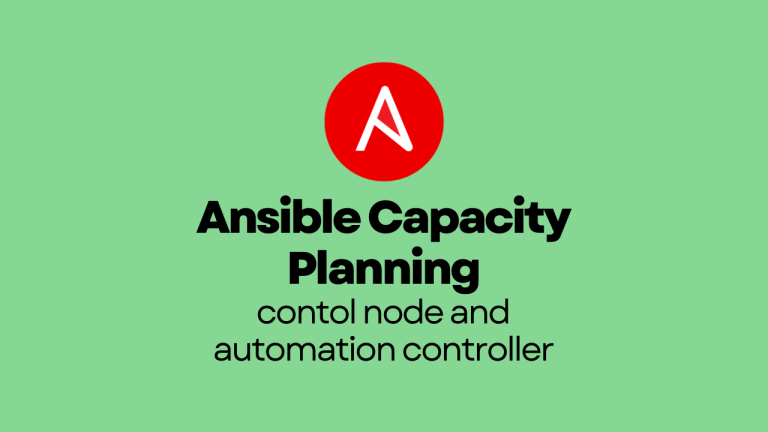
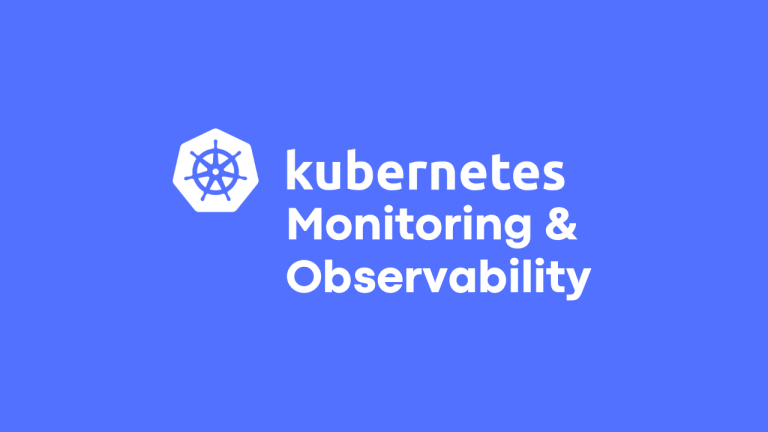
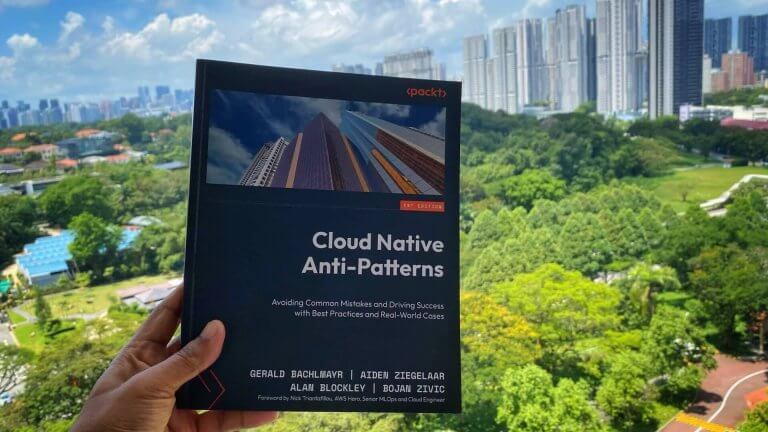
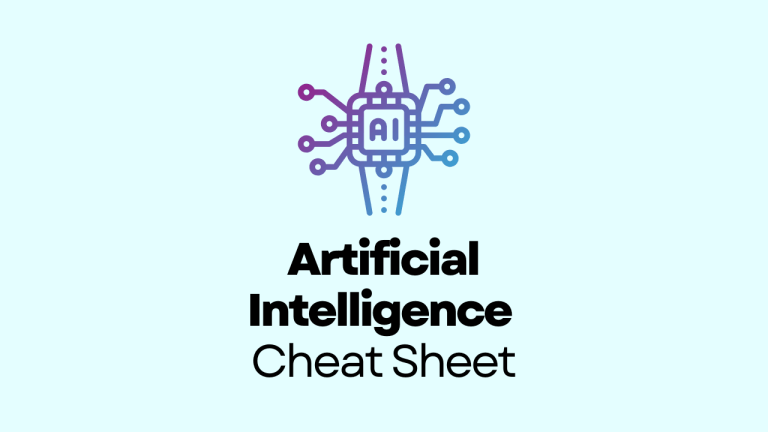
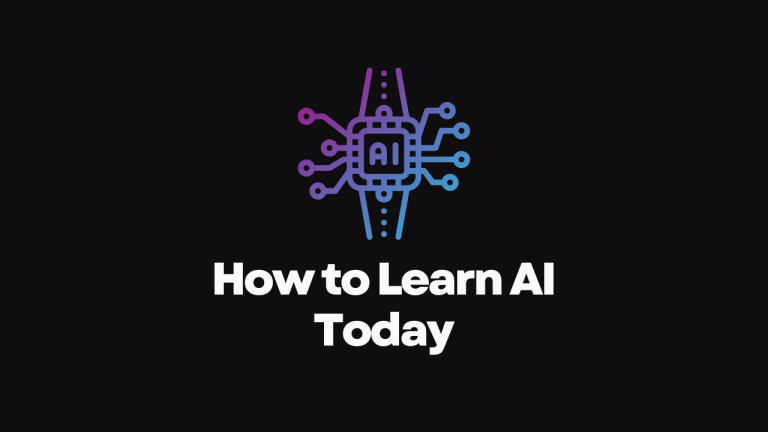
Leave a Reply